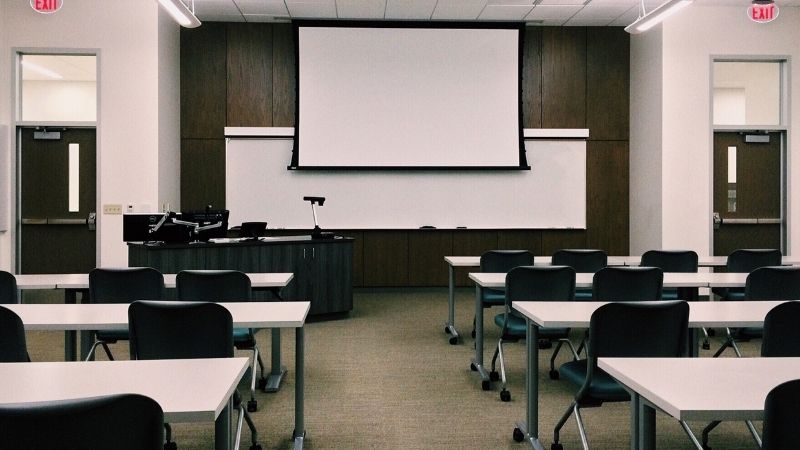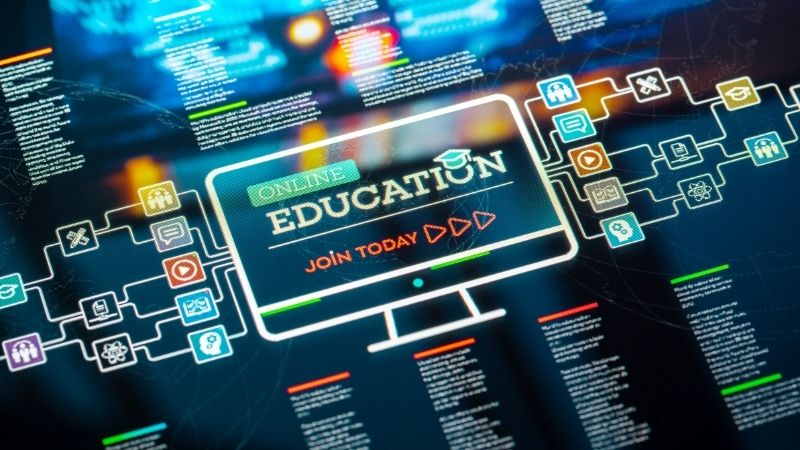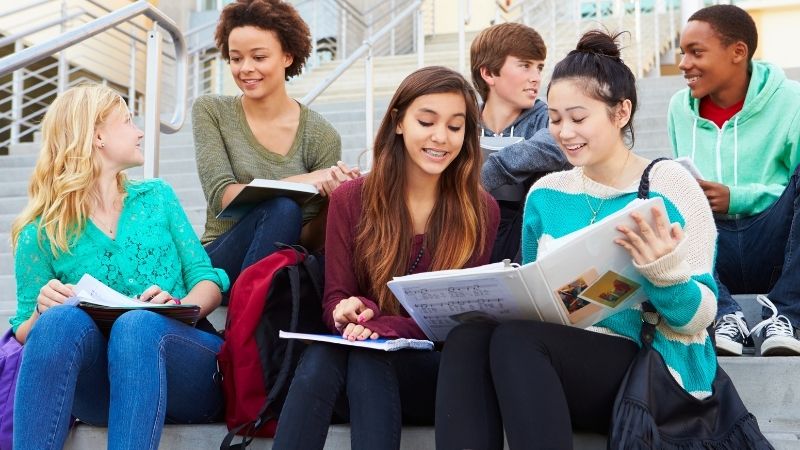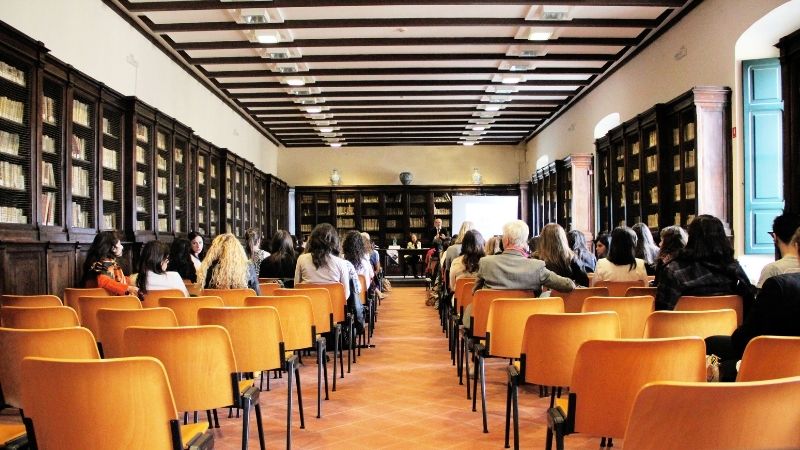
In the realm of education, school field trips have long been recognized as a valuable tool for enhancing learning experiences. These excursions offer students unique opportunities to engage with educational outings, visit museums, embark on nature walks, explore historical sites, and tour art galleries. By venturing beyond the confines of traditional teaching spaces, students are able to broaden their horizons and acquire knowledge in a more experiential and immersive manner.
The adage goes, 'learning is not confined within the walls of a classroom.' School field trips embody this sentiment by providing students with hands-on experiences that go beyond what can be learned from textbooks alone. By engaging with the world outside of the classroom, students are able to see the practical applications of what they learn and make connections between theory and real-life situations.
One of the key benefits of school field trips is their ability to unleash curiosity in students. By exposing them to new environments and experiences, field trips spark a sense of wonder and inquiry. Students are encouraged to ask questions, explore their surroundings, and actively engage with the subject matter. This curiosity-driven learning not only fosters a love for learning but also helps students develop critical thinking and problem-solving skills.
Another significant benefit of school field trips is their ability to expand historical understanding. By visiting historical sites, students are able to see firsthand the places and artifacts that they have read about in textbooks. This immersive experience brings history to life and helps students develop a deeper understanding and appreciation for the past. It allows them to connect with the stories and events that have shaped our world and encourages them to become active participants in preserving and learning from history.
School field trips also provide students with the opportunity to foster connections with nature. By going on nature walks and exploring outdoor environments, students develop a sense of appreciation and respect for the natural world. They learn about different ecosystems, observe plants and animals in their natural habitats, and gain a better understanding of the importance of environmental conservation. These experiences can inspire a lifelong love for nature and a desire to protect and preserve our planet.
Lastly, school field trips enhance learning through museum visits. Museums are treasure troves of knowledge, housing artifacts, artworks, and exhibits that offer unique insights into various subjects. By visiting museums, students can deepen their understanding of topics such as science, art, culture, and history. They can engage with interactive exhibits, view rare artifacts, and learn from experts in the field. Museum visits provide a multi-sensory learning experience that complements classroom instruction and allows students to explore topics in a more hands-on and engaging way.
In conclusion, school field trips play a crucial role in enhancing learning experiences. They unleash curiosity, expand historical understanding, foster connections with nature, and enhance learning through museum visits. By providing students with unique opportunities to engage with the world outside of the classroom, field trips offer a more experiential and immersive approach to education. These experiences not only enrich students' knowledge but also help them develop critical thinking skills, a love for learning, and a deeper appreciation for the world around them.

Key Takeaways
- School field trips provide hands-on learning and application of knowledge.
- Field trips expose students to diverse cultures, traditions, and perspectives.
- Educational outings involve active engagement and multi-sensory learning.
- Field trips spark curiosity, wonder, and foster a love for learning.
5 Reasons Why School Field Trips Are Essential for Education
School field trips play a vital role in education due to their ability to enhance learning opportunities outside of the classroom.
One of the practical benefits of school field trips is hands-on learning. By engaging with real-world experiences, students can apply theoretical knowledge in a practical setting, reinforcing their understanding and developing critical thinking skills. For example, a visit to a science museum allows students to interact with exhibits, conduct experiments, and see scientific concepts come alive.
Another significant aspect of school field trips is cultural immersion. Experiencing different environments exposes students to diverse cultures, traditions, and perspectives. This exposure fosters empathy, tolerance, and appreciation for diversity among students. Through visits to historical sites or art galleries, students gain insight into the history and artistic expressions of different societies.
Overall, school field trips provide invaluable opportunities for hands-on learning and cultural immersion that complement classroom instruction and enrich the educational experience for students.
Unleashing the Curiosity: The Power of Educational Outings
Educational outings provide a platform for students to explore various subjects and engage in interactive learning experiences. They have the power to unleash the creativity and inspire wonder in young minds. Here are four reasons why educational outings are essential:
Exposure to new environments: Visiting museums, historical sites, and art galleries allows students to step outside the classroom and experience firsthand what they have been learning about. This exposure broadens their understanding of different cultures, time periods, and artistic expressions.
Active engagement: Educational outings often involve interactive activities that require students to actively participate. This hands-on approach encourages critical thinking, problem-solving skills, and fosters a deeper connection with the subject matter.

Multi-sensory learning: Field trips provide opportunities for students to engage their senses beyond reading textbooks or listening to lectures. Seeing artifacts up close, hearing stories from experts, smelling scents in nature walks – all these sensory experiences enhance learning and create lasting memories.
Encouraging curiosity: Being exposed to new ideas and experiences during educational outings sparks curiosity in students. It ignites their imagination, encourages them to ask questions, seek answers independently, and develop a lifelong love for learning.
Exploring History: Unforgettable Visits to Historical Sites
Visiting historical sites provides students with an opportunity to immerse themselves in the rich history of a particular location. These visits offer interactive learning experiences, allowing students to engage with the past through firsthand exploration and observation.
Cultural immersion is also a significant aspect of these trips, enabling students to develop a deeper understanding and appreciation for different cultures and their historical significance. Research has shown that such experiential learning can enhance students' knowledge retention, critical thinking skills, and empathy towards others.
By physically being present at historical sites, students can connect with the stories of those who came before them, making history come alive in a way that textbooks cannot fully capture.
Overall, these visits to historical sites provide invaluable educational opportunities for students by fostering interactive learning and cultural immersion.
Beyond the Classroom: Enhancing Learning Through Museum Visits
Incorporating museum visits into the curriculum allows students to expand their knowledge and deepen their understanding of various subjects. Museums provide a unique educational immersion experience that goes beyond what can be learned in the classroom.

Here are four benefits of incorporating museum visits into the curriculum:
Exposure to authentic artifacts and exhibits: Museums house collections of artifacts, artworks, historical documents, and scientific specimens that allow students to engage with primary sources. This firsthand encounter enhances their understanding and appreciation.
Multisensory learning experiences: Museums offer interactive displays, audiovisual presentations, and hands-on activities that cater to different learning styles. These experiences stimulate multiple senses, making learning more engaging and memorable.
Cultural enrichment: Museums showcase diverse cultures, traditions, and perspectives from around the world. Through exposure to these cultural artifacts, students gain a broader global awareness and develop respect for diversity.
Critical thinking and analysis skills: Museum visits encourage students to analyze information critically and think independently by examining objects in context or interpreting artworks' meaning.
Museum visits provide invaluable opportunities for educational immersion that foster deeper learning experiences for students.
Transition sentence: In addition to museum visits, connecting with nature through nature walks offers another transformative experience for students.

Connecting with nature through nature walks offers students a transformative experience that fosters a deeper connection to the natural world. Research has shown that spending time in nature has numerous healing benefits for individuals, including reduced stress levels and improved mental well-being.
Nature walks provide an opportunity for students to immerse themselves in the beauty of the environment, allowing them to disconnect from technology and reconnect with their surroundings. By engaging in these experiences, students develop a sense of environmental awareness and appreciation for the natural world. They become more conscious of the importance of preserving and protecting our ecosystems.
Furthermore, nature walks encourage physical activity and exploration, promoting a healthy lifestyle among students.
Overall, incorporating nature walks into school field trips can have significant positive effects on student well-being and environmental consciousness.
Frequently Asked Questions
School field trips benefit students' academic performance by improving engagement and enhancing retention. Research shows that these experiential learning opportunities provide real-world context, promote active learning, and stimulate curiosity, leading to increased knowledge acquisition and deeper understanding of the subject matter.
What Measures Are Taken to Ensure Students' Safety During School Field Trips?
What safety protocols and emergency preparedness measures are in place to ensure students' safety during school field trips? This question is of utmost importance as it addresses the well-being of students outside the classroom.
How Are School Field Trips Planned and Organized?
The planning process and organizing logistics of school field trips involve careful consideration of factors such as destination selection, transportation arrangements, schedule coordination, safety protocols, and educational objectives. These steps ensure a well-structured and enriching experience for students.

What Types of Educational Activities Are Typically Included in Museum Visits?
Museum visits typically include interactive exhibits and hands-on learning activities. These educational activities allow students to engage with the subject matter in a tangible way, enhancing their understanding and retention of information.
How Do School Field Trips Contribute to Students' Personal Growth and Development?
School field trips contribute to students' personal growth and development by enhancing their social skills through group interactions and fostering cultural awareness. Research shows that these experiences provide valuable opportunities for students to learn outside the classroom and broaden their horizons.
 Careers in EducationElementary EducationHigh School EducationEducational TechnologyTeaching StrategiesSpecial EducationPrivacy PolicyTerms And Conditions
Careers in EducationElementary EducationHigh School EducationEducational TechnologyTeaching StrategiesSpecial EducationPrivacy PolicyTerms And Conditions
